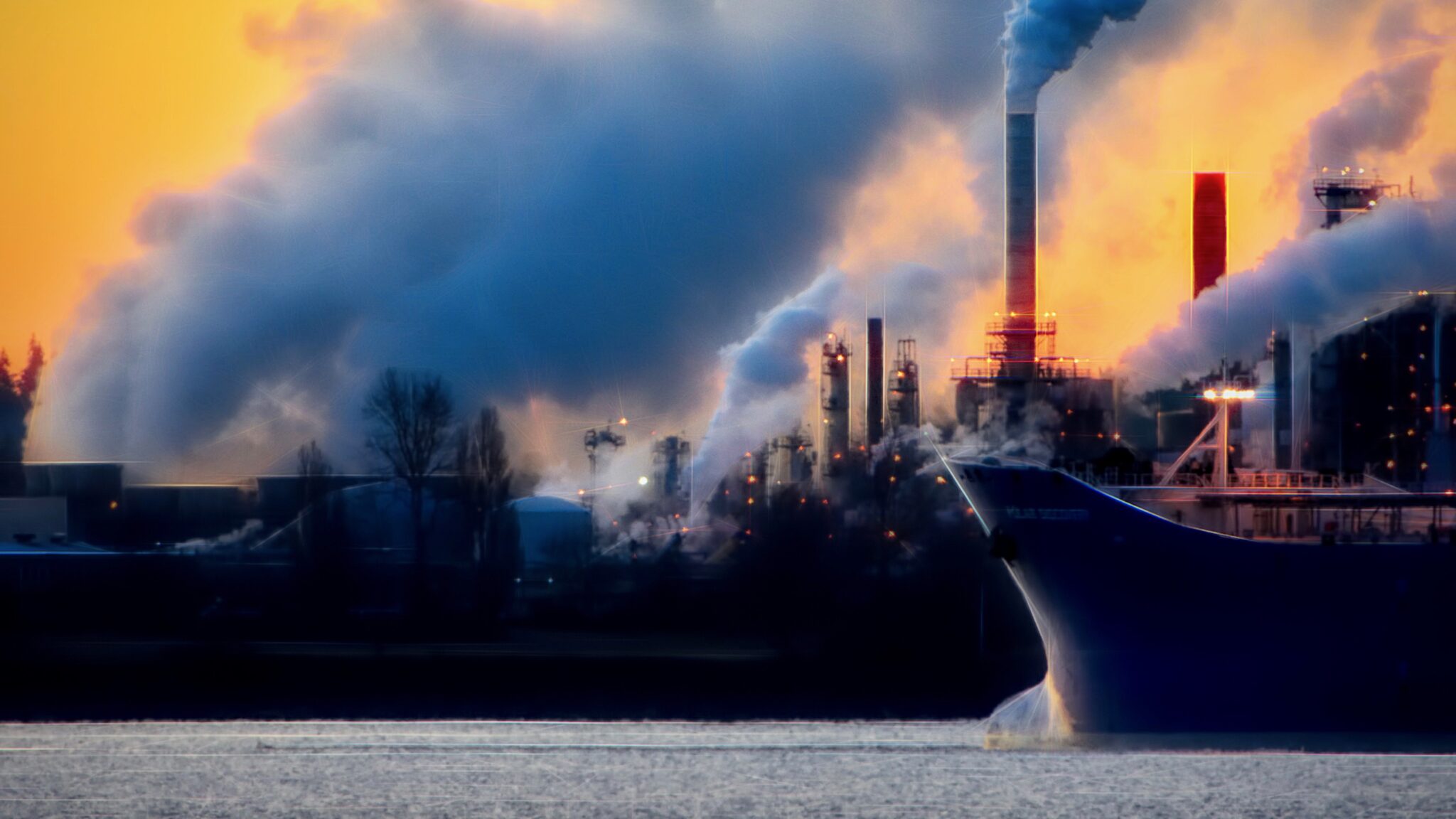

The U.S. Environmental Protection Agency (EPA) Monday proposed to roll back safeguards that keep one of the nation’s biggest industrial polluters — coal-burning power plants — from discharging harmful substances into the nation’s waterways. In addition, the agency moved to extend deadlines for companies to stop using unlined toxic coal ash ponds, which are prone to spills and leaks that could contaminate groundwater.
Power plants alone are responsible for 30 percent of all toxic pollution dumped into surface waters.
“These two measures are the latest example of the Trump administration rewarding polluters at the expense of all of us who rely on clean water,” said Jon Devine, director of federal water policy at NRDC.
“The EPA’s proposal would expose millions of people to a toxic brew of mercury, arsenic, lead and selenium — pollutants that can cause neurological disorders and cardiovascular disease and increase the risk of cancer,” Devine continued, referring to the agency’s move to undermine the 2015 requirements under the Effluent Limitation Guidelines, which set pollution limits for discharges from power plants. These water pollution standards control the amount of heavy metals, nutrients and other pollutants that coal-fired power plants may discharge into our nation’s rivers, lakes and bays. In 2017, under President Trump, the adoption of the 2015 requirements were delayed by the EPA.
Also alarming is the agency’s proposed rollback of a rule that stopped power plants from transporting and storing dirty coal ash waste by first diluting it in water and then storing it in risky, unlined waste ponds, which can spill and leak, affecting nearby communities.
“Coal ash dumps are already leaking toxic pollution into our groundwater supplies across the country,” said Becky Hammer, deputy director of federal water policy at NRDC. “As the dangerous spills in Tennessee and North Carolina dramatically demonstrate, these toxic dumps are contaminating our communities and harming our health. Allowing them to stay open risks causing serious harm to public health, particularly in low-income communities and communities of color.”
“These dangerous attacks on the environment and our public health cannot be allowed to stand,” Devine said.
- Top 10 Most Contaminated Groundwater Sites Revealed in First ...
- Britain Just Went Nearly Three Weeks Without Coal, a New Record ...

 233k
233k  41k
41k  Subscribe
Subscribe 